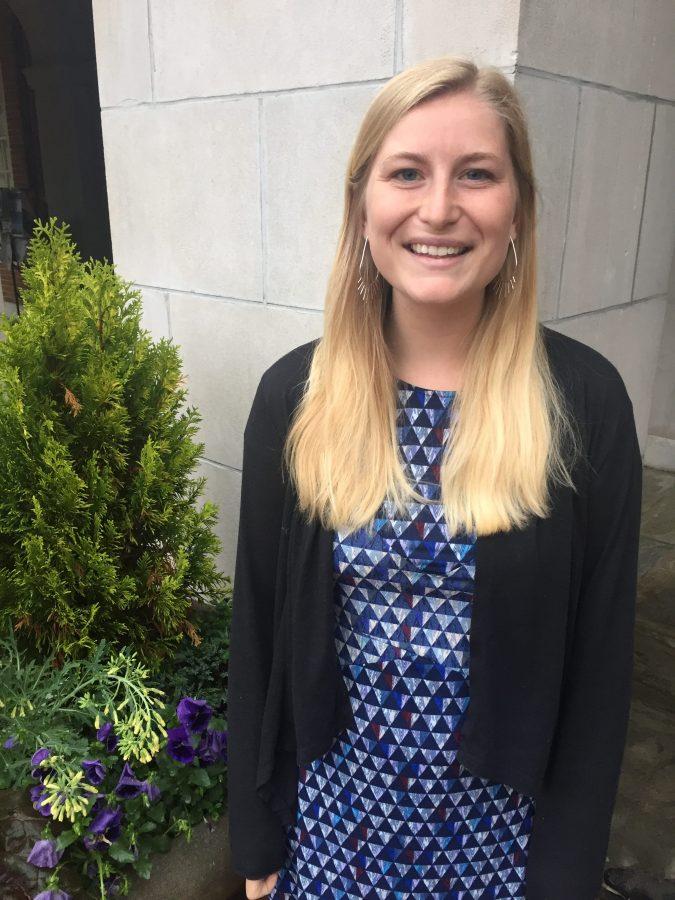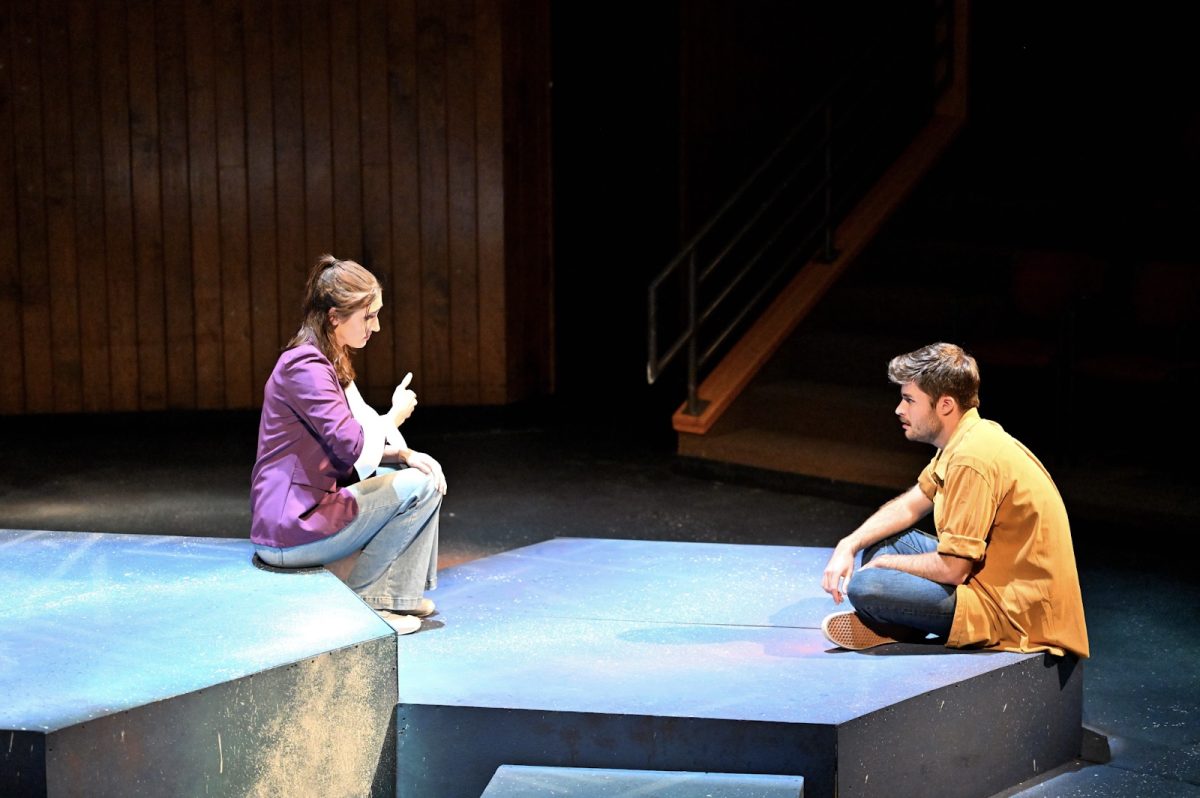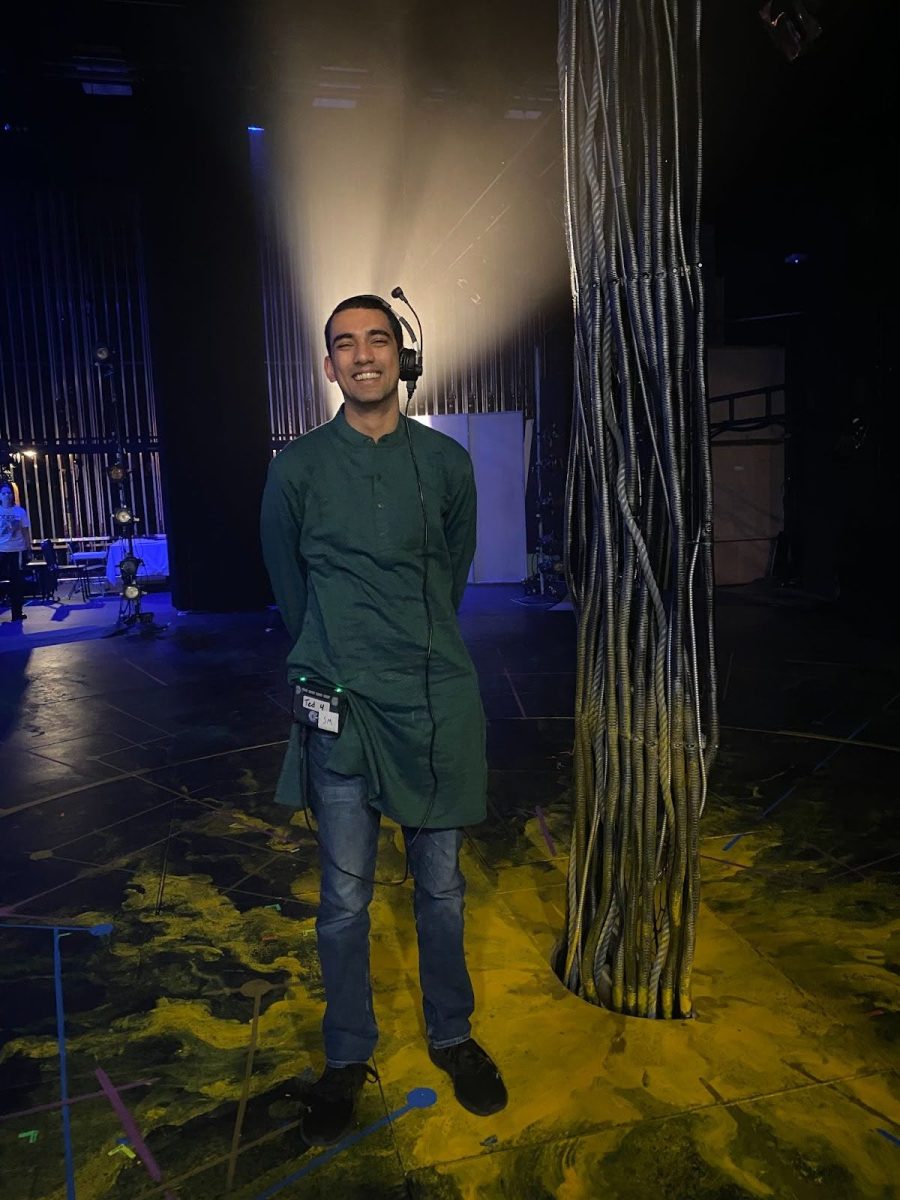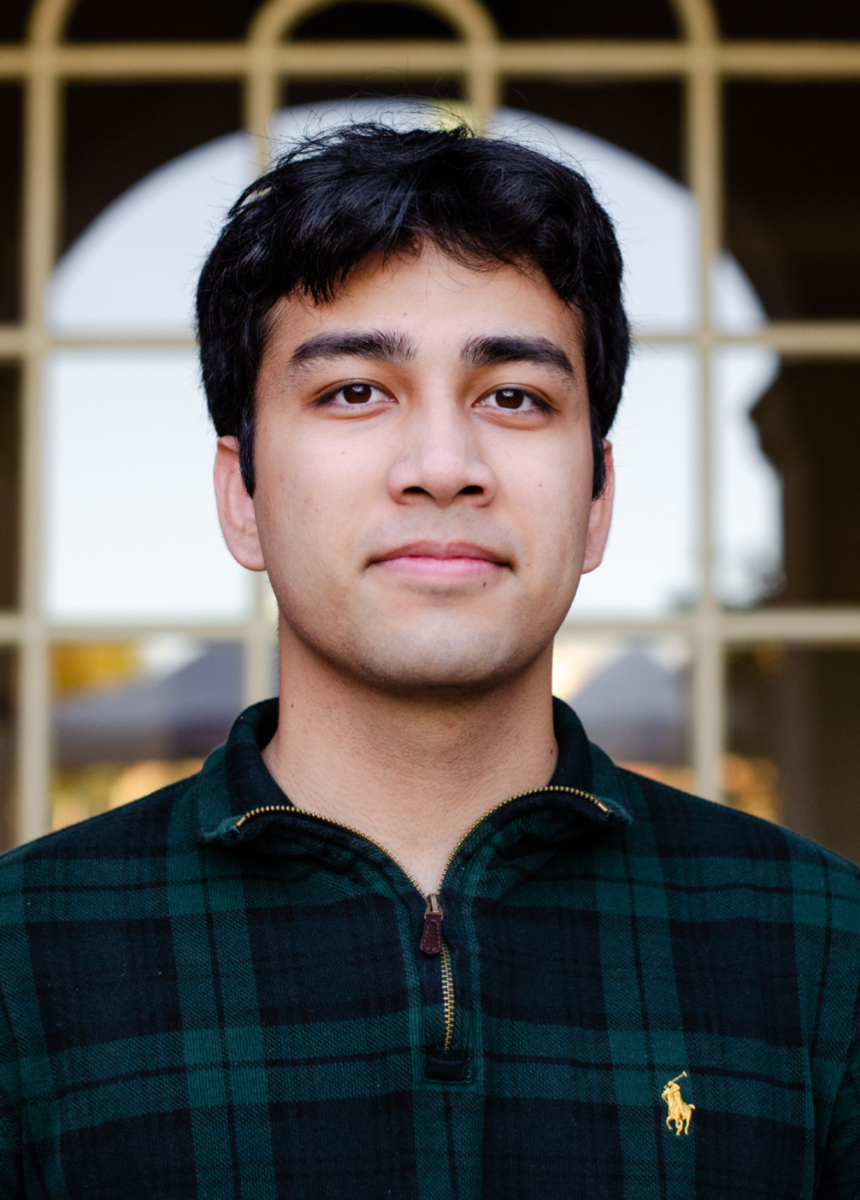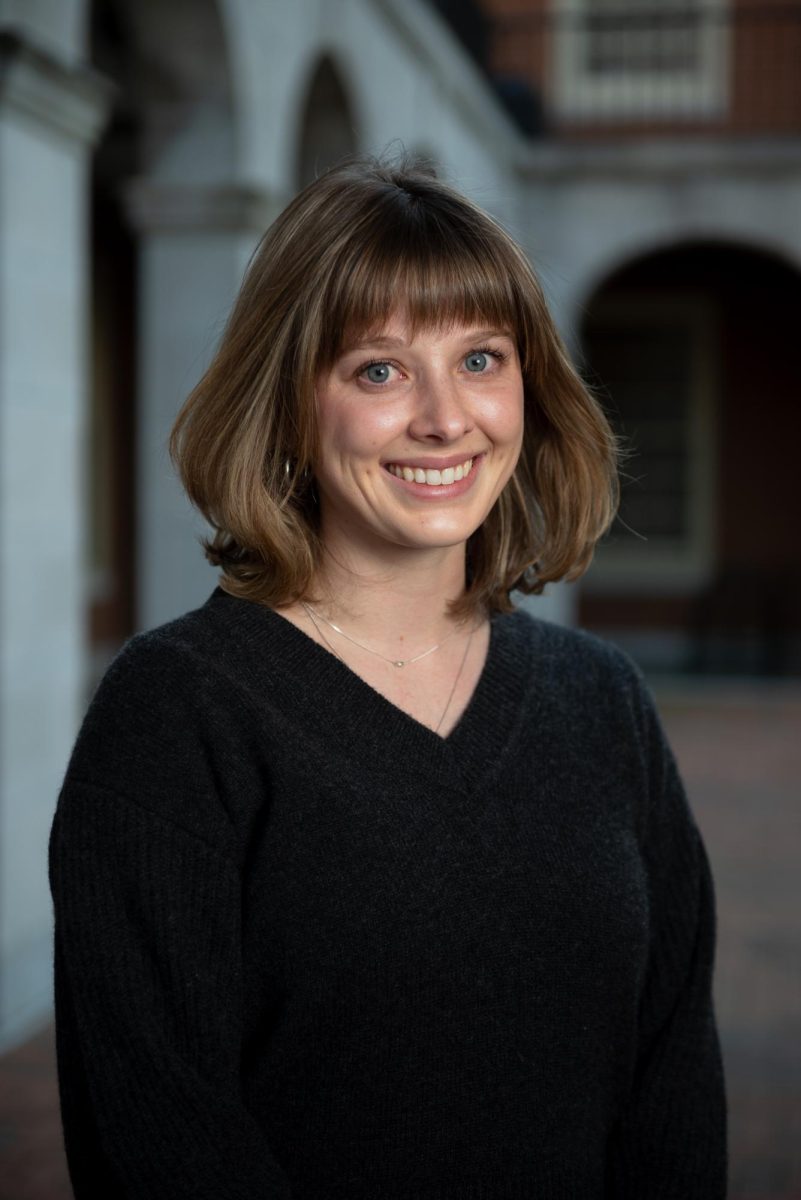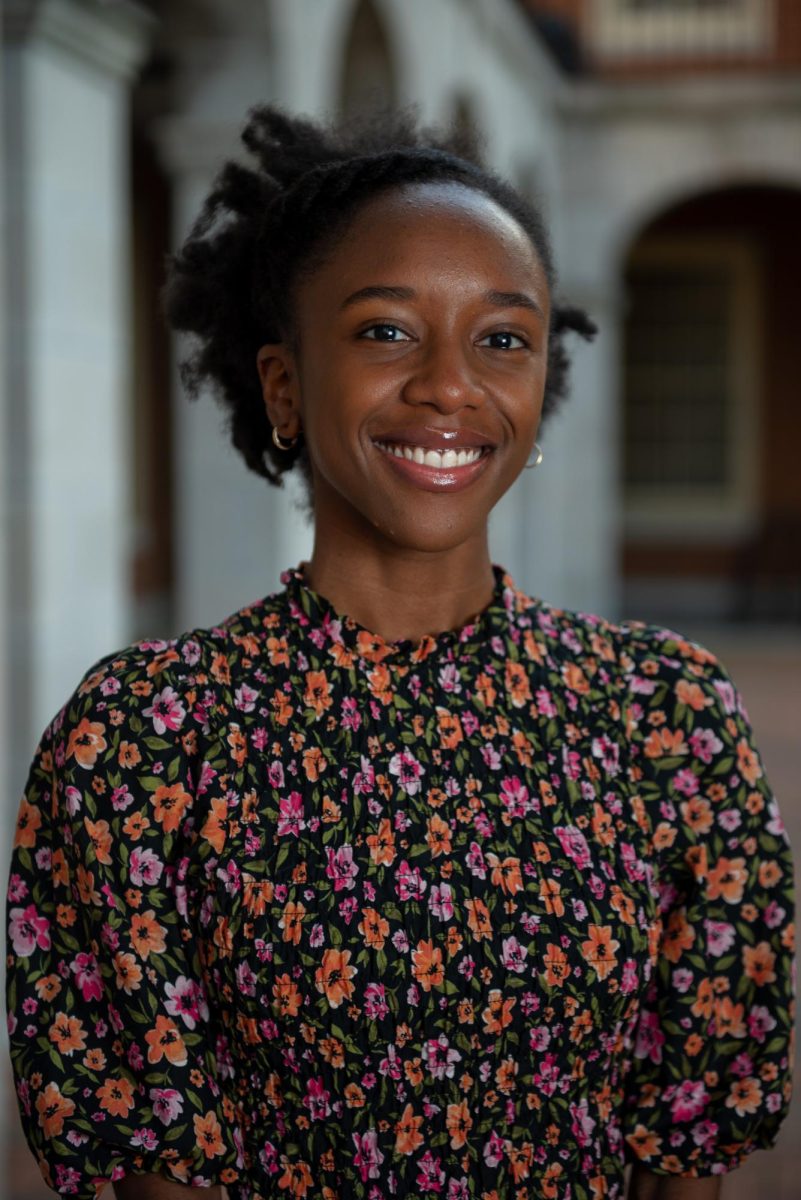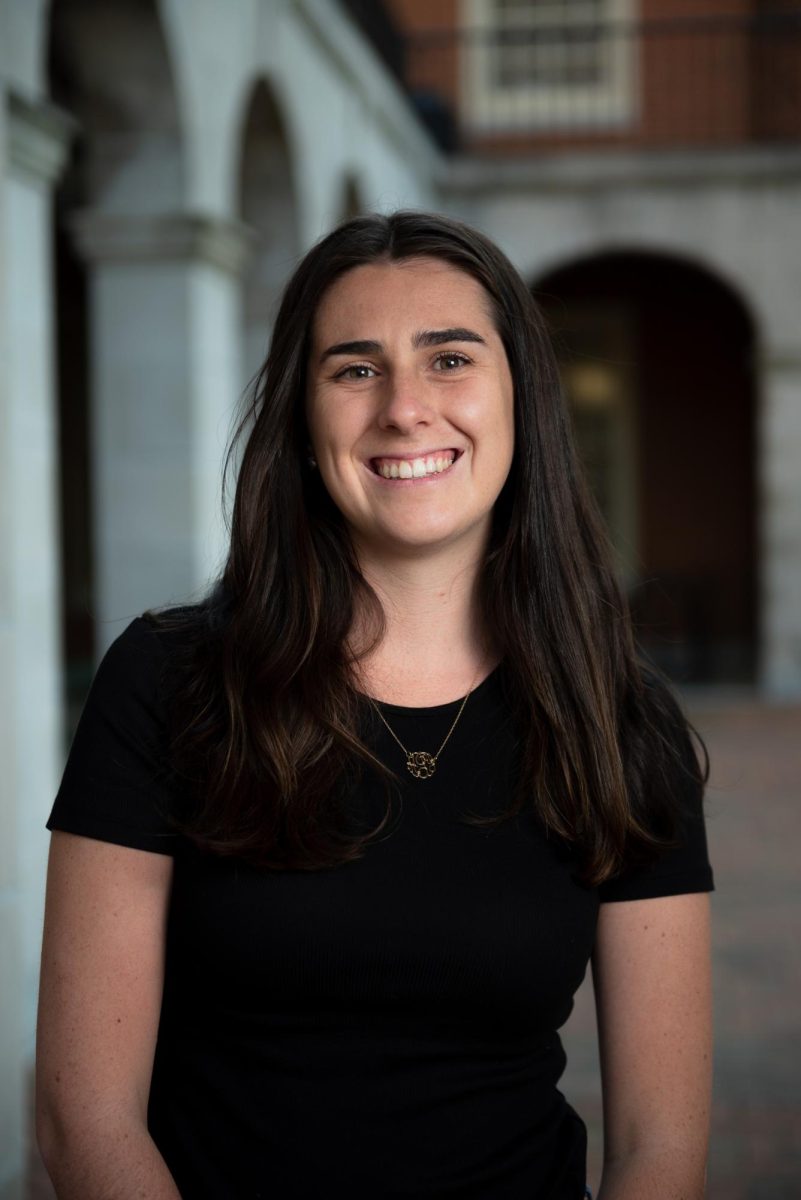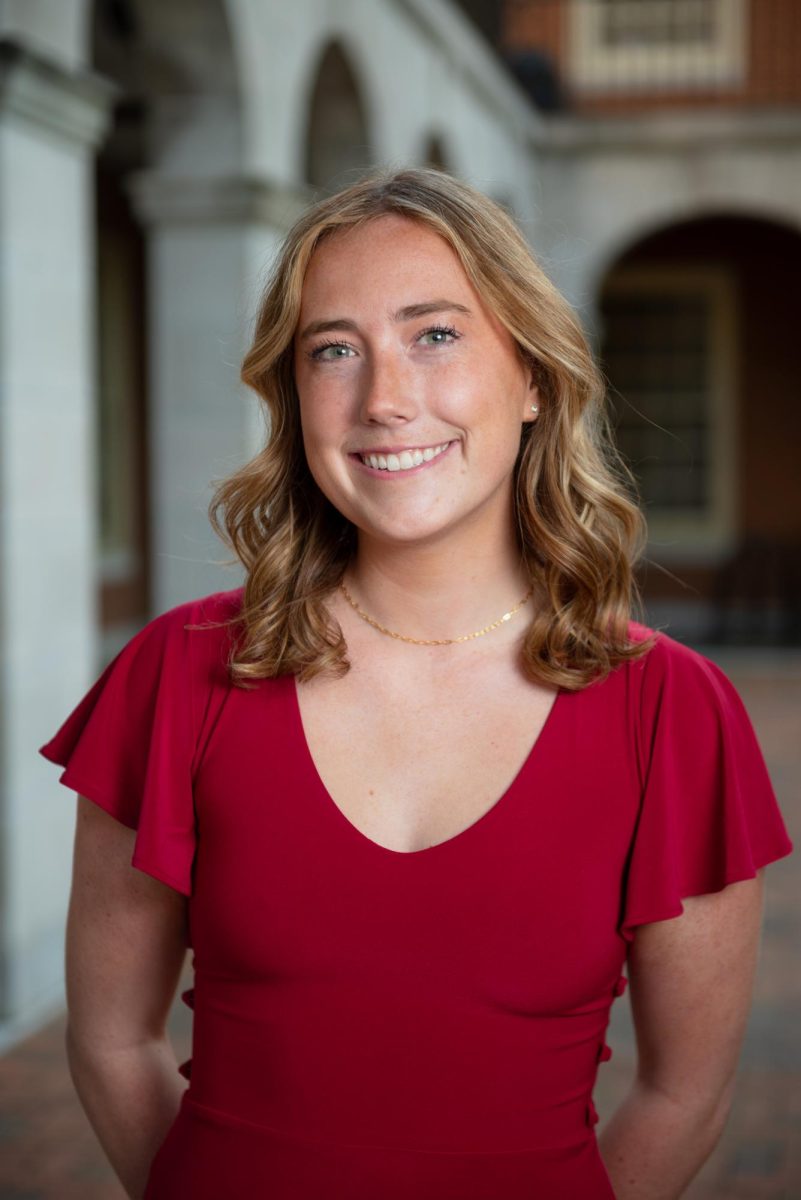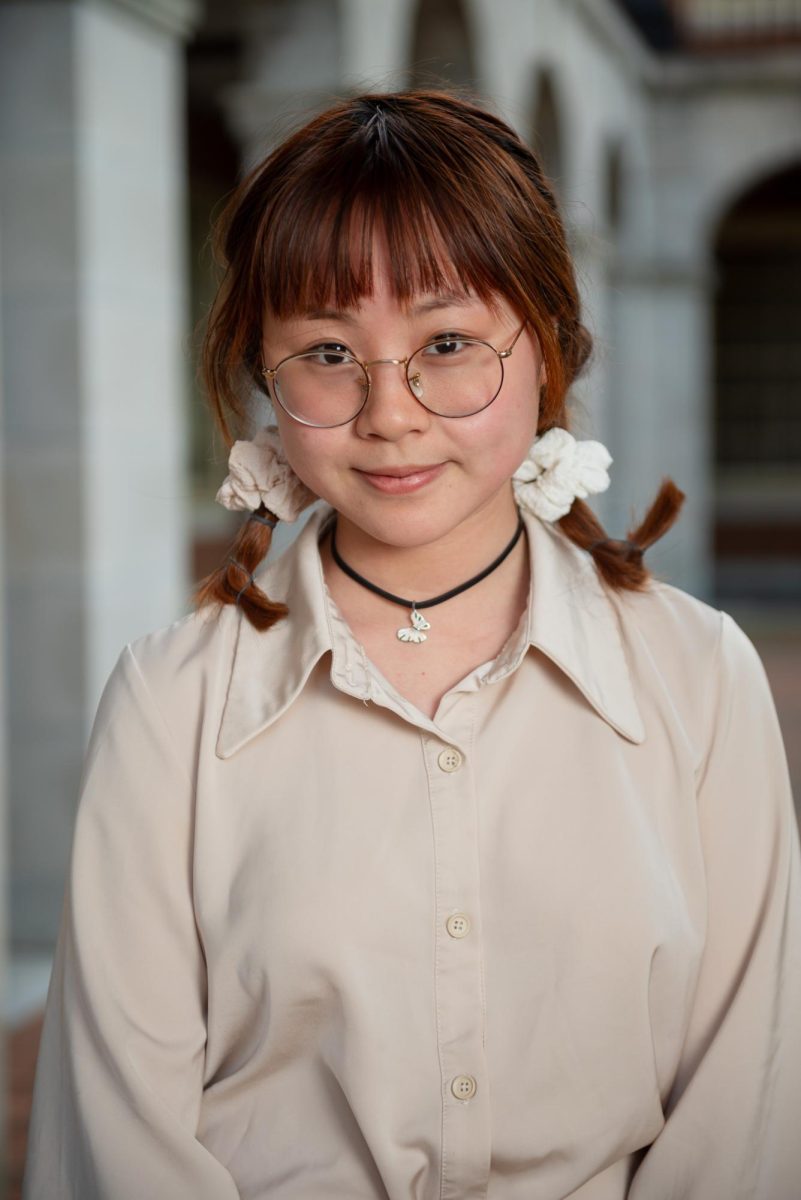Gabby Henriksen radiates kindness, empathy and curiosity among her peers.
Her altruistic spirit has led her to be a campus activist as well as a model student in the anthropology department. As she prepares for her upcoming graduation, she is thankful for all Wake Forest has provided her.
“Gabby is a wonderfully astute, actively engaged listener and learned in the science of anthropology,” said Sherri Clark, an assistant professor in the anthropology department. “Her cultural acumen and passion for debunking persistent stereotypes that obstruct a just world are both innovative and invigorating.”
Henriksen fell in love with the study of anthropology in just the third grade after reading her first book by Jane Goodall.
“I loved how open minded it was,” Henriksen said. “[Anthropology] wants to get at the root of why we’re all here and working together. I kind of always knew I was interested in it.”
After reading books by Margaret Mead and Franz Boas, she was hooked on the study and knew she wanted to pursue anthropology at Wake Forest. Her First Year Seminar “How to Save the World in One Click” with professor Karin Friedric solidified this interest. The course studied social media activism, or “slacktivism”, and its repercussions.
“After that, I was like, I have to study this,” Henriksen said. “I have to know how to really make a difference.”
The departments’ small class sizes allow students to foster meaningful connections with their professors and peers. Henriksen valued the intimate discussions and open dialogue in each of her courses taken in the anthropology department.
Henriksen is an entrepreneurship and social enterprise minor, as well as being involved on campus. She is the President of the Anthropology Club, a research assistant in Wake Forest Cultural Anthropology Lab, a member of Lambda Alpha Honor Society and a member of Kappa Beta Gamma sorority. In the fall of her junior year, she studied abroad in New Zealand.
She recently defended her senior thesis on the built environment of Wake Forest and the effects of the university’s recent move downtown. Her research was met with positive feedback and she is hopeful that more jobs will be created for residents of nearby low-income, historic African American neighborhoods.
“I remember her explaining that anthropology, for her, was a different way of learning to ‘know’ things and to question what is ‘normal,’” Friedric said. “I’ve seen her grow with these questions both intellectually and personally, and, through her Honors Thesis, she has redirected and applied that inquisitiveness about cultural difference to powerful examples of inequality and difference here in our local community.”
The anthropology department has empowered her to use her voice as well as given her a culturally relevant perspective. She will miss the tight-knit campus community Wake Forest provides, where students engage in thoughtful dialogue and seek social justice.
“I converse with people in a way that is very inclusive,” Henriksen said. “I want to shed a light to everyone in the best way.”
After graduation she plans to pursue a career in consumer research. She hopes to eventually return to Denmark, where she was born, to earn her Masters in public policy.
“I think I’m ready to graduate,” Henriksen said. “I’m definitely going to miss the people, the professors and all of the campus activism. But, I’m ready.”


